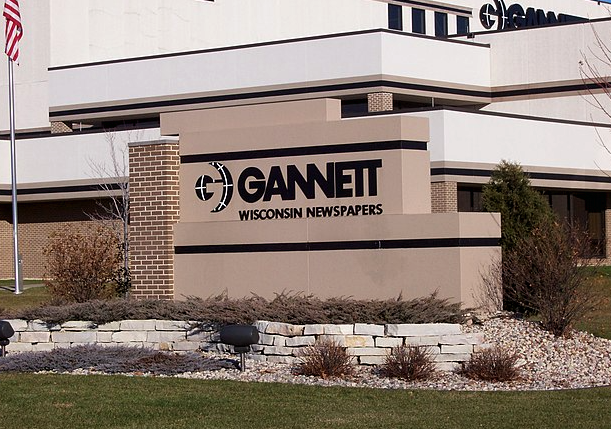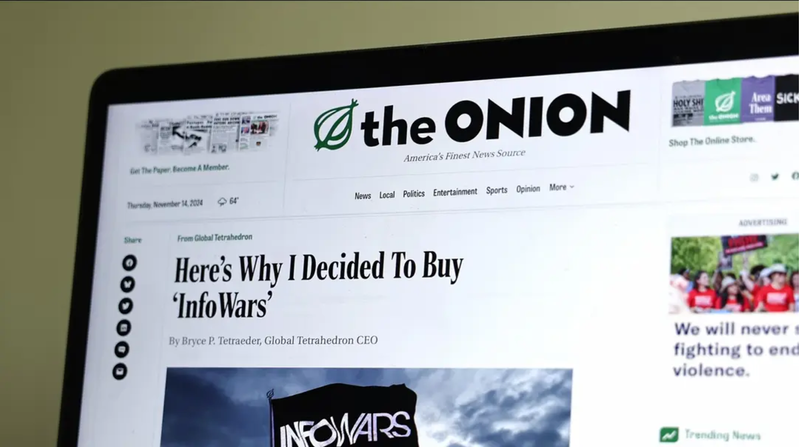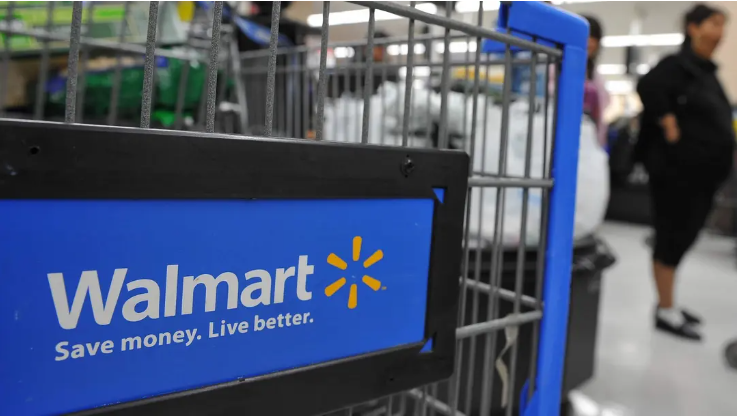US News Chain Gannett Sues Google, Alleges Online Ad Monopoly
Gannett, the largest newspaper chain in the US and owner of USA Today, filed a lawsuit against Google and parent company Alphabet Inc. in Manhattan federal court Tuesday.

Facts
- Gannett, the largest newspaper chain in the US and owner of USA Today, filed a lawsuit against Google and parent company Alphabet Inc. in Manhattan federal court Tuesday. The suit alleges that Google holds a monopoly over digital ad exchanges and forces publishers to use its own ad-buying and selling service.1
- The lawsuit claims that while digital advertising became a $200B per year industry last year, news publishers have seen an approximate 70% decline in ad revenue, thus putting journalists out of work and forcing newspapers into bankruptcy.2
- According to eMarketer, Google controls roughly a quarter of the digital ad market. Meta, Amazon, and TikTok combine for another third, and news publishers and other websites take the other 40%.3
- Gannett argues the reason for Google's disproportional success is "because Google and... Alphabet unlawfully have acquired and maintain monopolies for the advertising technology ('ad tech') tools that publishers and advertisers use to buy and sell online ad space."4
- Similar lawsuits against Google were also filed by the US Dept. of Justice in January 2020, as well as three filed by groups of state attorneys general. The US Senate is also considering passing the Journalism Competition and Preservation Act, which would allow publishers to team up to negotiate better prices for ads.5
- More recently, the European Commission filed a similar case and the UK's antitrust agency has been investigating Google's advertising practices.2
Sources: 1Al Jazeera, 2New York Times, 3CNN, 4The Register, and 5Washington Examiner.
Narratives
- Narrative A, as provided by USA Today. Today, 86% of Americans receive their news online, creating a $200B ad market. However, through its deceitful and monopolistic tactics, Google has destroyed the economic competition among newspapers by vying for ad space — which bankrupts smaller outlets that people love and rely on. Beyond the simple antitrust component of this case, Google must face legal repercussions to ensure it ends its profit-driven crusade to wipe local news off the face of the internet.
- Narrative B, as provided by Washington Examiner. First and foremost, Google's so-called monopoly on the digital ad space dropped from a minority stake of 31.6% in 2019 to an even smaller minority stake of 26.4% in 2022. Furthermore, Google does not compete with or disadvantage traditional print forms of media, which contradicts the idea that it controls the entire newspaper industry. The lawsuits filed by both governments and industry competitors have blown Google's online power way out of proportion.






